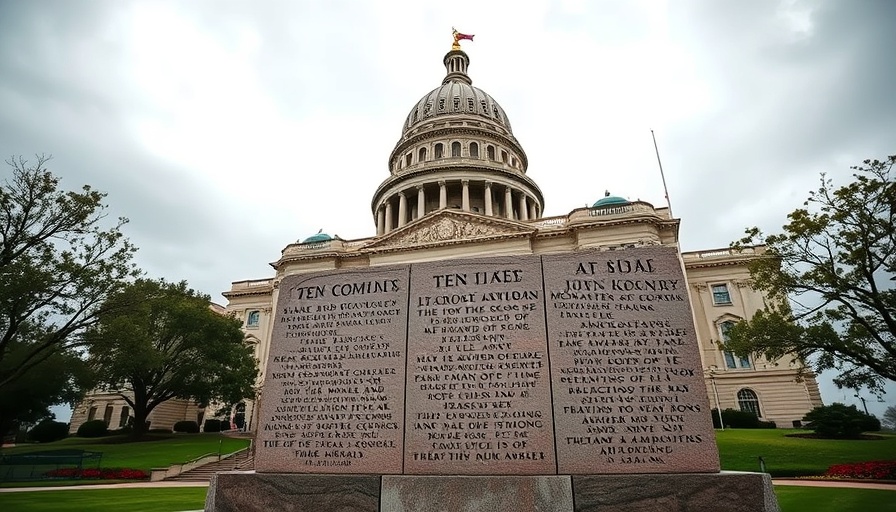
Texas Legislature Stirs Culture Wars in Classrooms
In a move that has ignited heated discussions across the state, the Texas House of Representatives has recently advanced a series of controversial bills aimed at reshaping public education as per the priorities of Lieutenant Governor Dan Patrick. As the legislative session winds down, these decisions were made during a time when state representatives could have been celebrating with their families for Memorial Day. Instead, they were locked in what some critics have dubbed as a session dedicated to 'the classroom culture wars.'
Key Legislation Passed
Among the most contentious pieces of legislation passed was Senate Bill 13, which seeks to empower parents and school boards to scrutinize the content children are exposed to in school libraries. This measure, which was approved by a narrow vote of 87-57, would enable parents to access their students' library records and restrict access to books deemed “indecent or profane.” Representative Brad Buckley, who sponsored the bill, argued this will standardize school library collections based on community values and developmental appropriateness.
Democrats, however, expressed a different perspective. They voiced concerns over the subjective nature of terms like “profane content,” fearing it could lead to a censorship-like atmosphere in schools. Representative Christina Morales emphasized, "Books help our kids understand the world, and sometimes they help them survive it.” Such sentiments underscore a growing worry that these new mandates could overshadow the fundamental resource limitations in many Texas schools.
Parental Rights vs. Educational Freedom: A Clash of Values
The legislative agenda also featured the “Parental Bill of Rights,” encapsulated in Senate Bill 12. This comprehensive bill bans all Diversity, Equity, and Inclusion (DEI) initiatives in schools, stirring fears of diminished support for marginalized groups within Texas's educational systems. Rep. Jeff Leach, who carried this bill in the House, underscored the importance of protecting parental rights when addressing matters of education, yet critics argue that it risks watering down educational inclusivity.
The Broader Implications for Education in Texas
Such sweeping reforms beckon critical discussions about the direction of education in Texas. With mandates ranging from the promotion of religious texts in classrooms to the outright ban of LGBTQ+ discussions, opponents warn about the potential for erasing essential aspects of student identity and experience. Additionally, changes in how schools manage to hire and retain staff—the changes in DEI requirements—could have long-lasting impacts on the diversity of school faculty, as districts may find themselves hampered by stricter regulations.
What’s Next? A Legislative Conference
As these pivotal bills head to a Senate conference committee due to disagreements over amendments passed by the House, the Texas public watches closely. The outcomes of these negotiations could set the stage for educational practices across the state, impacting future generations profoundly. With significant legislative changes on the horizon, the intersection of culture and education in Texas will likely remain contentious.
 Add Row
Add Row  Add
Add 




 Add Row
Add Row  Add
Add 

Write A Comment